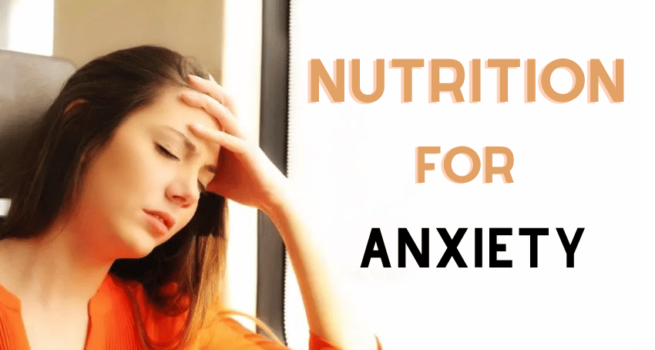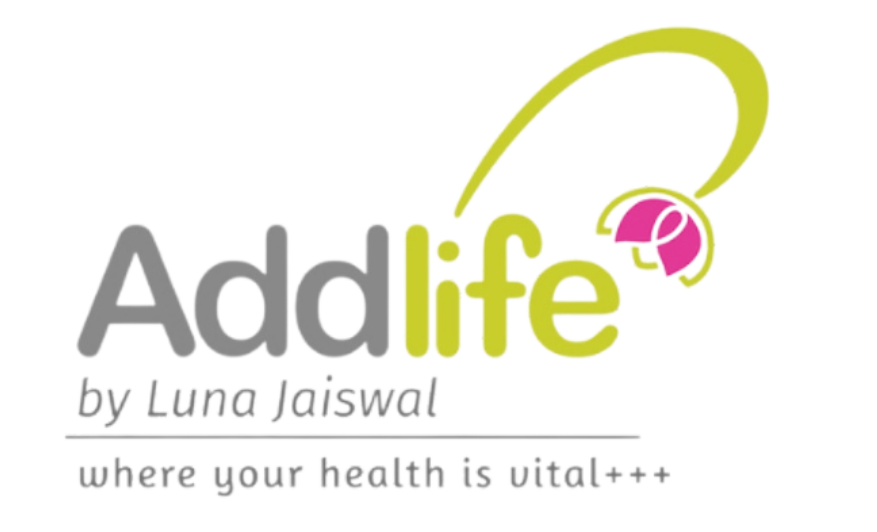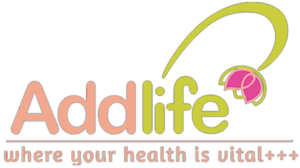
The food you eat impacts not only your physical health but also your mental wellbeing. It has the power to affect your mood and cause or relieve many mental health disorders. However, the relationship between food and mental health is not so simple.
It is true that a hungry body leads to a hungry mind and, therefore, as soon as you relive your hunger, your mood is elevated. However, the interaction between food and mental health is more complex than it seems.
Food affects gut bacteria, which in turn influence the chemicals produced by your brain and cause a deep impact on your psychological state. Hence, altering your diet can help you deal with many mental health disorders, including anxiety and depression.
Quick Trivia: Because of this relationship between gut health and mental wellbeing, your gut is also known as the second brain.
The fundamental diet for anxiety is obviously the one which is full of whole grains, fruits and vegetables. However, there are many more tips and foods that reduce anxiety symptoms and help boost your mental health. Let’s have a look at some of them.
FOODS THAT REDUCE ANXIETY
- Eggs
Vitamin D is known to improve anxiety symptoms, and egg yolk is one of the best sources of vitamin D. In addition, eggs are also rich in protein, vitamins, minerals and bioactive compounds that not only nourish your body but also boost your overall mental health.
- Green Tea
Loaded with antioxidants, green tea is one of the lesser-known foods that reduce anxiety and improve brain function. Green tea is also rich in L-theanine, an amino acid known to increase serotonin and dopamine levels and create more neurotransmitters to reduce anxiety.
- Dark Chocolate
Dark chocolate is your best friend if you have anxiety. It contains flavonols and other antioxidants that can significantly improve your mood and relieve stress and anxiety. It is also one of the best sources of magnesium which is known to reduce symptoms of anxiety.
- Almonds and Walnuts
During times of stress and anxiety, the body tends to use high amounts of vitamin E. Both almonds and walnuts are packed with vitamin E and act as the best anti-anxiety foods. In addition, walnuts also contain omega-3 fatty acids that help reduce symptoms of anxiety and depression.
Addlife Tip: Use Mamra Giri or Mamra almonds as they are considered to be the richest in nutrients. Also, do not forget to soak them in water overnight for better assimilation.
MORE TIPS TO RELIEVE ANXIETY SYMPTOMS
- Get Some Sunlight
Increasing the levels of vitamin D in your body can successfully help you combat anxiety. And sunlight is the best source of vitamin D.
Addlife Tip:
Expose your navel to the sun while you soak sunlight. Morning sunlight at around 8 o’clock is ideal for this.
- Good Sleep = Less Anxiety
Taking insufficient or poor quality sleep can increase the cortisol levels in your body and cause stress and anxiety. It is, in fact, one of the leading causes of anxiety and depression. Therefore, getting good quality sleep is crucial for your mental health.
Addlife Tip:
Before going to bed, take a glass of turmeric milk or Khus Khus (poppy seeds) with honey to get a good night’s sleep. You can also make chamomile tea with a pinch of nutmeg to improve your sleep quality.
- Hydration is the Key
Water is the fuel for your brain. Dehydration can slow down your brain function and affect your mental health. Therefore, it is essential to drink plenty of water and keep yourself hydrated all the time to fight anxiety.
- Do Some Gardening
It has been proven that staying in touch with mud, or Mitti, as we call it, helps boost gut health, detox the body and pace up the body’s metabolism. And we already know the relationship between the gut and psychological health. Therefore, try to do some gardening and stay in touch with nature.
- Practice Slow Breathing
Slow and deep breaths signal the nervous system to calm down and therefore help reduce stress and anxiety. The basic principle of slow breathing is to exhale for a few more seconds than you inhale. For example, if you inhale for 4 seconds, then hold your breath for 7 seconds and slowly exhale for a count of 8 seconds.

